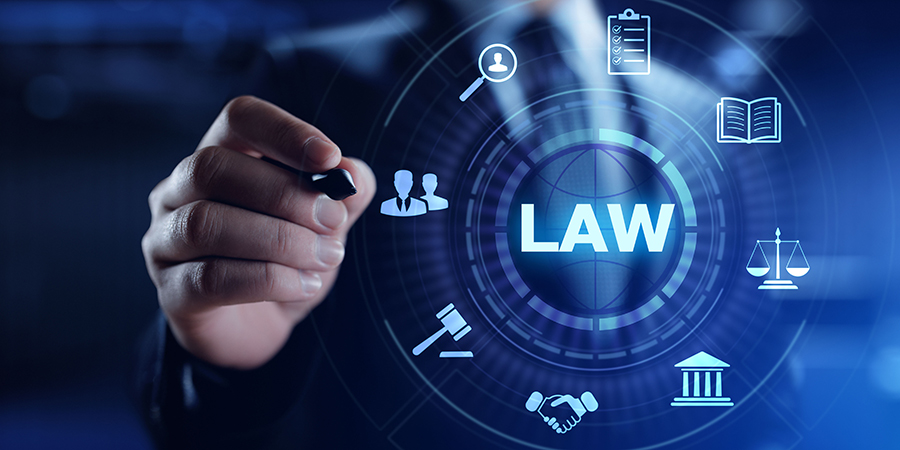Technology in all areas of life is evolving to implement the use of generative artificial intelligence platforms, such as ChatGPT. But what happens when Artifical Intelligence is brought into the courtroom? How are judges supposed to evaluate materials and information produced by generative Artifical Intelligence?
OpenAI, founded in 2015, currently faces 12 lawsuits. In November of 2022, OpenAI created ChatGPT, a large language model chatbot that produces human-like intelligence. Despite these legal challenges, ChatGPT continues to help users be more creative, learn faster, and solve complex problems. However, rapid advancements in Artifical Intelligence technology have presented significant challenges to how courts handle cases involving chatbots.
The First Generative AI Defamation Suit
In what may be the first-ever generative Artifical Intelligence defamation suit, a Georgia state court ruled in OpenAI’s favor, marking a significant moment in the legal adaptation of defamation law to emerging technologies. The case involved claims that ChatGPT had produced defamatory content. However, the judge ruled that ChatGPT was unable to communicate defamatory meanings as a matter of law and that the chatbot had explicitly warned its user that it did not have access to the internet.
Additionally, the court emphasized that a statement can only be considered defamatory if a reasonable person would interpret the information as a true, factual assertion, concluding that OpenAI did not act with negligence or “actual malice.”
AI Hallucinations
A major problem with generative Artifical Intelligence models is their tendency to fabricate information and misidentify case law through inaccurate citations. Courts have emphasized that Artifical Intelligenceshould serve as a tool to assist legal professionals, not a substitute for human judgment. Lawyers using Artifical Intelligence to assist in legal matters should verify the accuracy of the information produced to prevent the spread of false or misleading content.
Judges have expressed their frustration over fabricated quotes presented by lawyers, as well as citations to incorrect case precedents. In response, some courts have issued orders requiring attorneys to disclose the use of Artifical Intelligence in preparing legal filings, while others have gone as far as banning the use of Artifical Intelligence tools altogether in legal proceedings.
Copyright Infringement
Use of generative Artifical Intelligence has raised significant concerns regarding copyright infringement. It produces billions of works without clear ownership, allowing anyone to use them freely and for any purpose. This broad authority creates complex legal issues, especially when individuals claim ownership of content generated by Artifical Intelligence systems.
Another challenge courts face here is proving infringement by Artifical Intelligence, as it is often unclear who is responsible for the alleged copying. To establish infringement, the copyright holder must show that Artifical Intelligence generated a work substantially similar to their own and that their work was used without permission. In most AI-related copyright cases, the dispute centers on claims that an Artifical Intelligence company copied protected works to train its models without the owner’s consent.
As a defense, generative Artifical Intelligence companies often argue that their use of copyrighted materials qualifies as “fair use.” Under the fair use doctrine in copyright law, reproducing a work for purposes such as criticism, commentary, news reporting, teaching, or research does not constitute infringement. Courts evaluate several factors when determining fair use, including the purpose and character of the use, the amount and substantiality of the portion used, and the effect on the market for the original work. This framework provides a strong argument for generative Artifical Intelligence, as using copyrighted content to train AI models may be considered a transformative use, potentially placing it within the bounds of fair use.
If you have questions or would like to learn more about how generative artificial intelligence could affect your business, do not hesitate to contact one of our experienced business attorneys at EPGD Business Law in Miami, Florida. Call us at (786) 837-6787 or email us to schedule a consultation.


